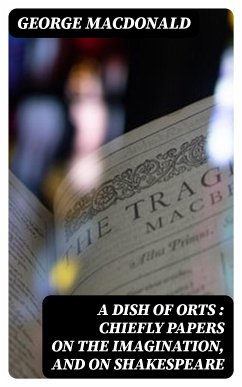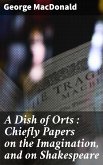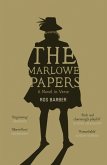In "A Dish of Orts: Chiefly Papers on the Imagination, and on Shakespeare," George MacDonald delves into the profound connections between imagination and literature, offering a series of essays that articulate his thoughts on creativity and interpretation. Embracing a lyrical and contemplative literary style, MacDonald employs allegory and metaphor to explore the complexities of Shakespeare's work and the role of imagination in shaping artistic expression. Written during the height of the Victorian era, this collection reflects the rich discourse of its time, juxtaposing Romantic ideals with emerging modernist sensibilities, ultimately inviting readers to engage in a deeper understanding of both literature and the human experience. George MacDonald (1824-1905) was a pivotal figure in the development of fantasy literature and a precursor to later authors like C.S. Lewis and J.R.R. Tolkien. His diverse theological, literary, and artistic influences shaped his perspectives on creativity and storytelling. His own journeys through faith and imagination provide invaluable insight into his analytical approach, as he strives to illuminate Shakespeare's themes of existence and the divine. "A Dish of Orts" is a must-read for scholars, students, and enthusiasts of literature who seek a nuanced appreciation of imagination's role within art. MacDonald's articulate prose and profound insights afford readers an opportunity to engage deeply with the themes of literature and the creative process, making it an essential addition to the library of anyone interested in the interplay of imagination and narrative.
Dieser Download kann aus rechtlichen Gründen nur mit Rechnungsadresse in A, B, BG, CY, CZ, D, DK, EW, E, FIN, F, GR, H, IRL, I, LT, L, LR, M, NL, PL, P, R, S, SLO, SK ausgeliefert werden.









